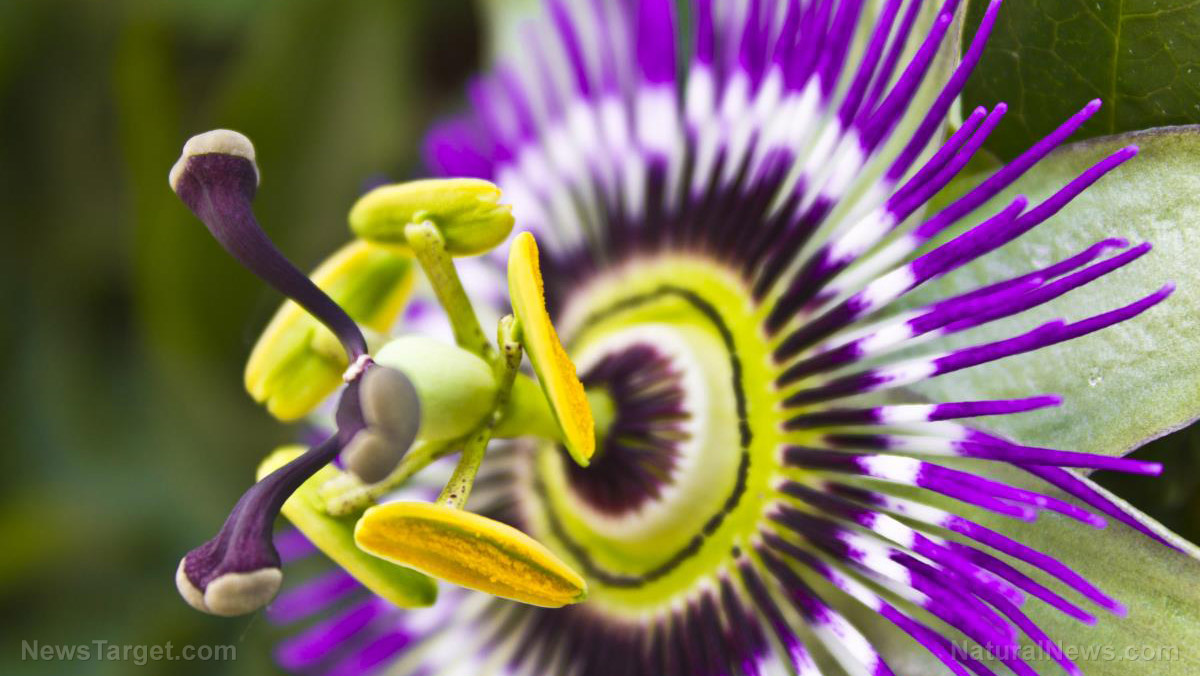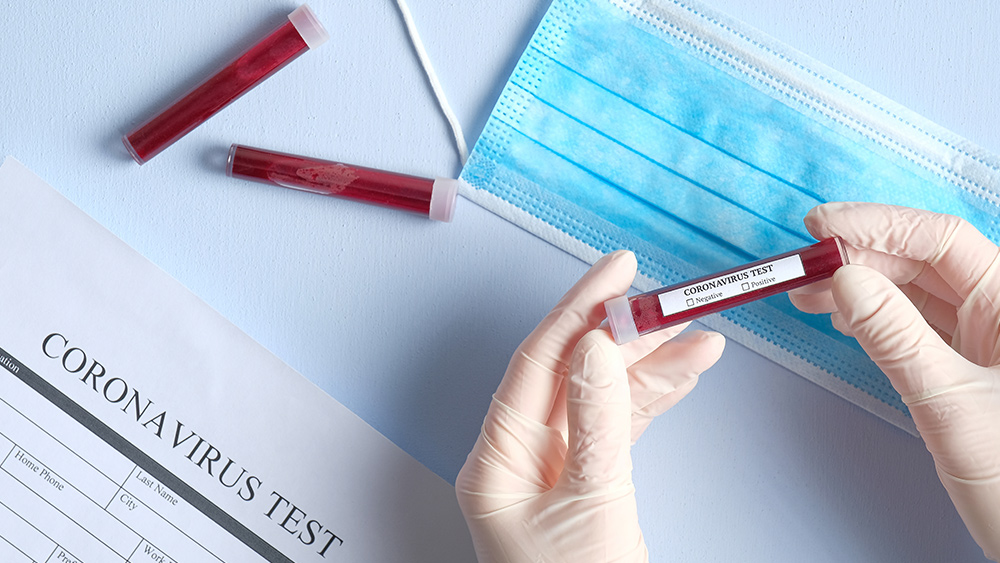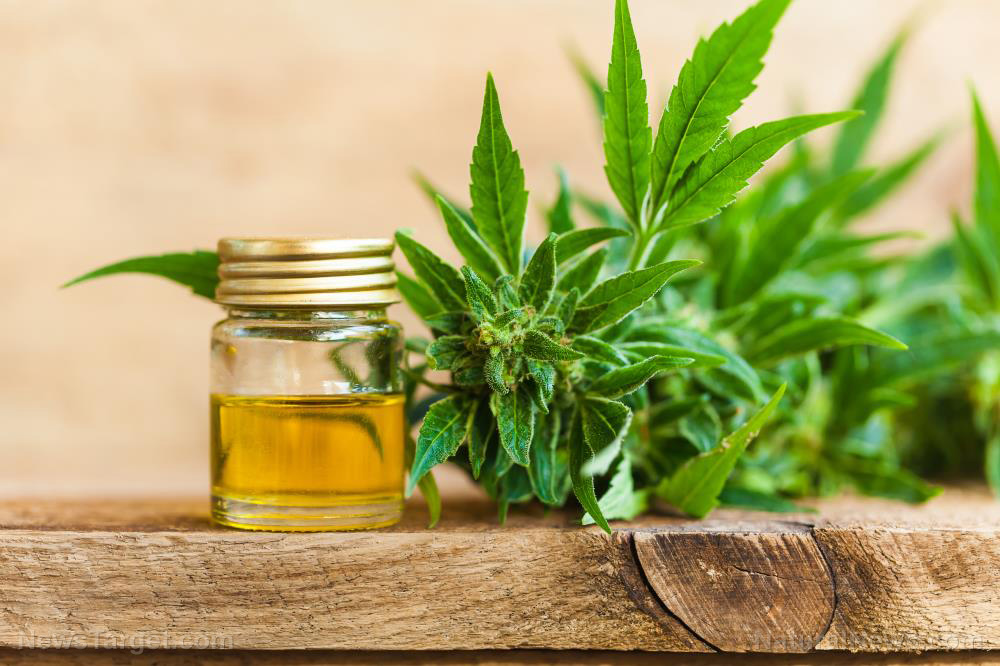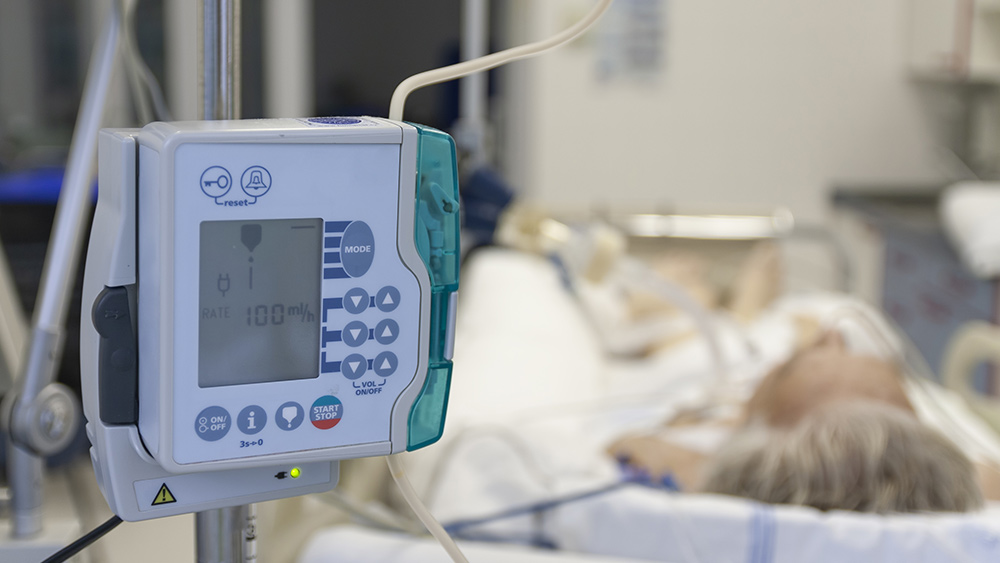Exploring the antimicrobial properties of essential oils from Cameroonian spices
07/21/2020 / By Evangelyn Rodriguez

Researchers at the University of Dschang in Cameroon evaluated the chemical composition and in vitro antimicrobial activity of essential oils from four spices native to Cameroon. The results of their study were published in the Journal of Medicinal Plants Research.
- Using hydrodistillation, the researchers extracted essential oils from the seeds of four Cameroonian spices, namely, Aframomum citratum (alligator pepper), A. daniellii (African cardamom), Piper capense (wild pepper) and Monodora myristica (calabash nutmeg).
- They analyzed the chemical composition of each essential oil using gas chromatography and mass spectrometry.
- They then determined the minimum inhibitory concentration (MIC) and minimum microbicidal concentration (MMC) of each essential oil using broth microdilution method.
- Lastly, they evaluated the therapeutic effect of a cosmetic cream based on A. citratum essential oil against dermatosis induced by methicillin-resistant Staphylococcus aureus (MRSA) infection in rats.
- The researchers reported that the main active component of A. citratum essential oil is geraniol.
- A. daniellii essential oil contained the following active compounds:
- Eucalyptol
- a-Terpineol
- Geraniol
- P. capense essential oil contained:
- B-pinene
- Germacrene D
- Trans-B-caryophyllene
- a-Pinene
- Naphthalene
- Sabinene
- M. myristica essential oil contained:
- a-Phellandrene
- Germacradienol
- d-Cadinene
- A. citratum essential oil showed the highest activity against bacteria and fungi, followed by the essential oils of A. daniellii, P. capense and M. myristica.
- Against MRSA and Escherichia coli, A. citratum essential oil had an MIC of 8 mcg/mL and higher antibacterial activity than amoxicillin (128 – 256 mcg/mL).
- A. daniellii essential oil and A. citratum essential oil (1:1) displayed a synergistic antimicrobial effect when combined.
- Meanwhile, a cream based on A. citratum essential oil (5 percent) and Baneocin (reference drug) effectively eliminated MRSA-included dermatosis in rats after two weeks of treatment.
Based on these findings, the researchers concluded that the essential oils of Cameroonian spices possess antimicrobial activities, which they owe to the individual or synergistic effects of their phytochemical components.
Read the full study at this link.
Journal Reference:
Sylvie CMD, Jean-De-Dieu T, Guy SSN, Pierre T, Jules-Roger K. CHEMICAL COMPOSITION AND ANTIMICROBIAL ACTIVITY OF ESSENTIAL OILS FROM AFRAMOMUM CITRATUM, AFRAMOMUM DANIELLII, PIPER CAPENSE AND MONODORA MYRISTICA. Journal of Medicinal Plants Research. May 2019;13(9):173–187. DOI: 10.5897/jmpr2019.6768
Tagged Under: alternative medicine, Antimicrobial, Cameroonian spices, essential oils, food cures, food is medicine, functional foods, microbial infections, natural antibiotics, natural cures, natural medicine, remedies, research




















